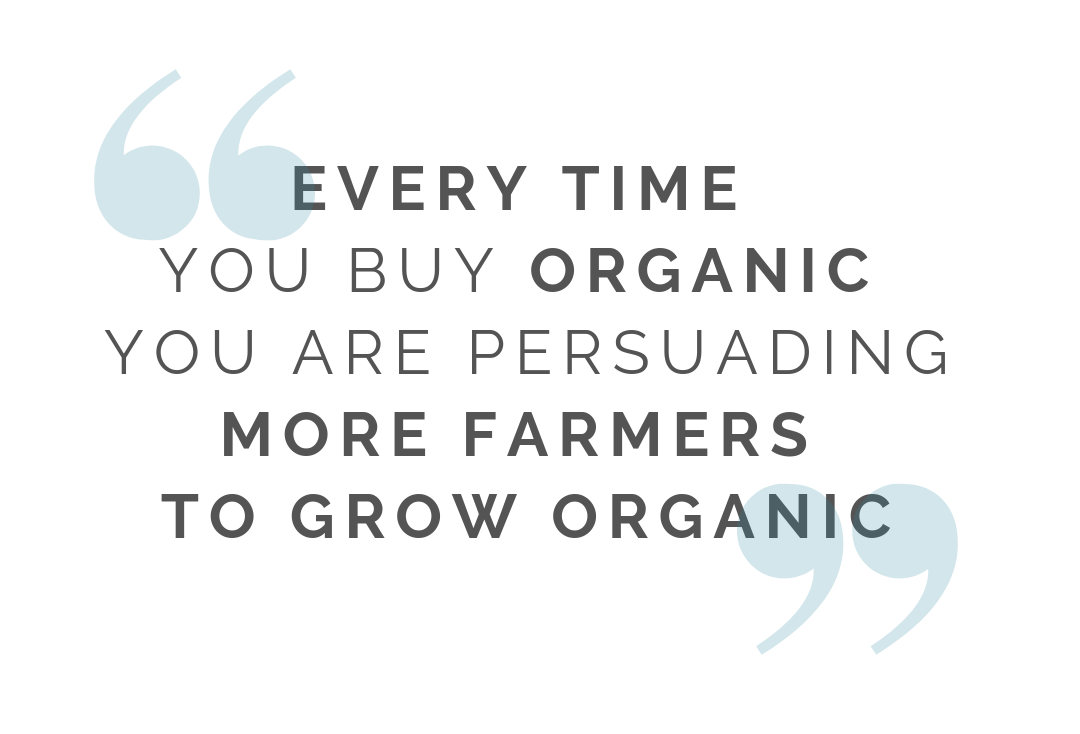Over the years, ultra-processed factory food has become so common that it is almost impossible to avoid it.
As children, most of us grew up eating it, and in many cases, those cute frozen TV dinners were delivered right to our door. Eating out of the package isn't ideal, for sure, but just how big of a price are we paying with our health?
What's the link between how much of these foods we eat and our risk of early death due to diseases like stroke, heart disease, and type II diabetes?
Let's find out!

What is ultra-processed food?
During the past several decades, there's been a steady rise in the prevalence of ultra-processed foods — these are foods often known for being convenient, durable, ready to eat, re-heatable, and sometimes even marketed as healthy.
These factory-made foods that are comprised of ingredients derived from food, or completely artificial. They are designed to look and taste extremely good, and in many cases are highly addictive.
The majority of them have a low nutritional value, a high energy density, and a host of additives which are known to decrease health. They are considered perfectly safe by the FDA, but are they right?
Many would be surprised to find out just which foods make the list of ultra-processed foods. It is not just fast food, candies, and chips; it's also bread, sausages, fruit yogurts, packaged soups and noodles, sweetened drinks, jarred sauces, processed meats, and almost any frozen meal. ⠀
From 1990 to 2010, the consumption of these foods has gone from 11 to 32% of our daily caloric intake.
The current decline in life expectancy is a telling sign that society needs to start going back to whole food ingredients, but how much does indulging in these ultra-processed guilty pleasures really effect us as individuals?

Study #1
The most recent study on ultra-processed foods, published in the BMJ on May 29, 2019, will be a shocker for most people.
It studied over 12,000 women and 7,700 men in Spain ages 20–91 from 1999 to 2014 and assessed how much processed food they ate. For each serving of ultra-processed food consumed by a participant, their risk of death within two decades increased by 18%.
That means just four servings per day skyrockets an individuals risk of death by 62%!

Study #2
The second study, done earlier this year in France, studied over 44,000 adults over the age of 45 for 5 years. After adjusting for factors such as income, education levels, activity, and body mass, the researches found that with each 10% increase in ultra-processed food consumption there was a 14% higher risk of death.
On a positive note, those with the lowest intake of processed foods had 23% lower rates of cardiovascular problems.
A case for going back to our food roots
Whether it's a lack of nutrition or the extra additives and contaminants found in many ultra-processed foods, what's to blame is not exactly clear. Most likely it’s a combination of both.
What is clear is that making conscious choices about what we put in our bodies is extremely important.
If you live in an area or go to a school where ultra-processed foods are some of the only options available, it's important to start advocating for change now.
Supporting farmers markets, community gardens, Co-Ops, and local growers and companies who have always been committed to delivering more wholistic options makes a big difference in their longterm success and growth. Every dollar we choose to spend on good organizations that provide healthy whole foods instead of ultra-processed foods is rewarding positive change over the unethical practices which have become far too common.

And what are your thoughts on processed food? Did you manage to completely ditch it? Let me know in the comments!
Join the budding community of conscious consumers right now and help save the planet! The NatureHub Conscious Community app is now available on both Google Play Store and iOS App Store.
Download it here: Apple iOS • Android






